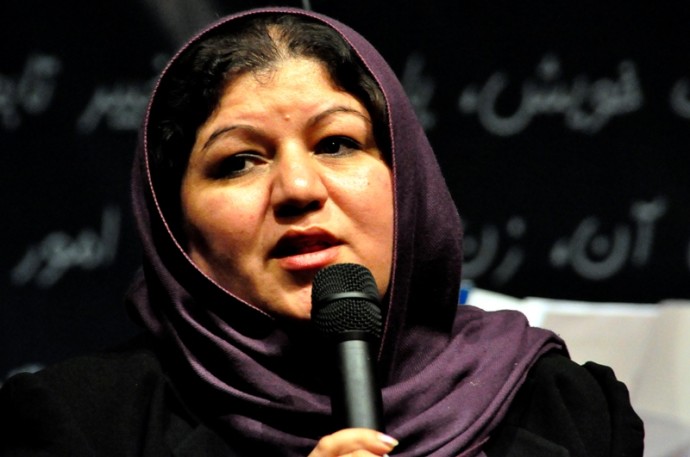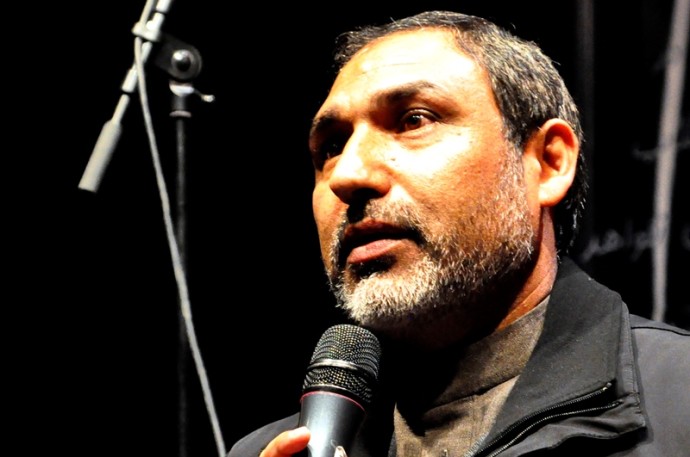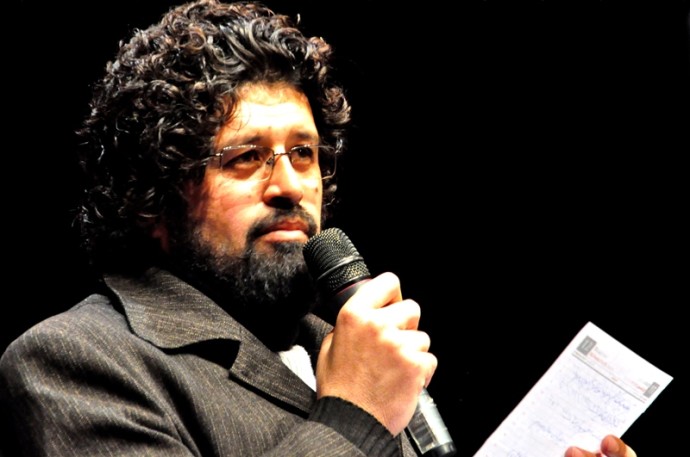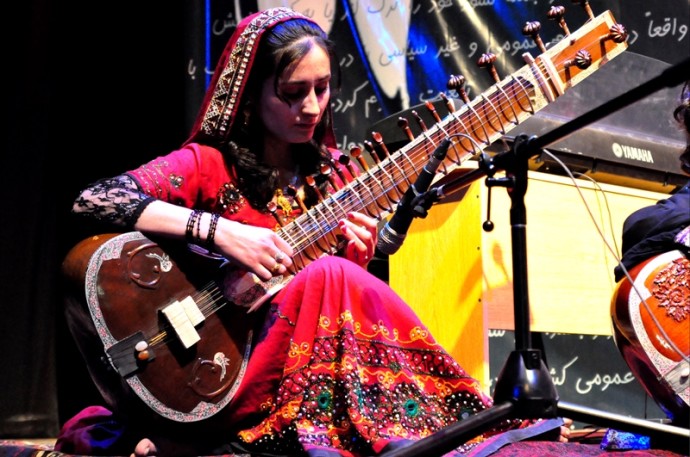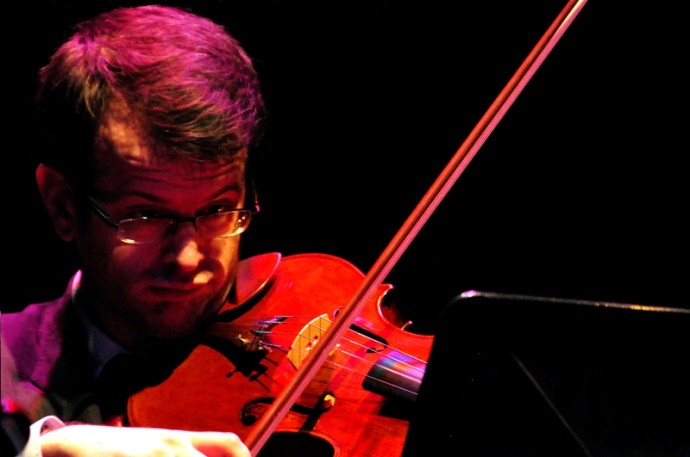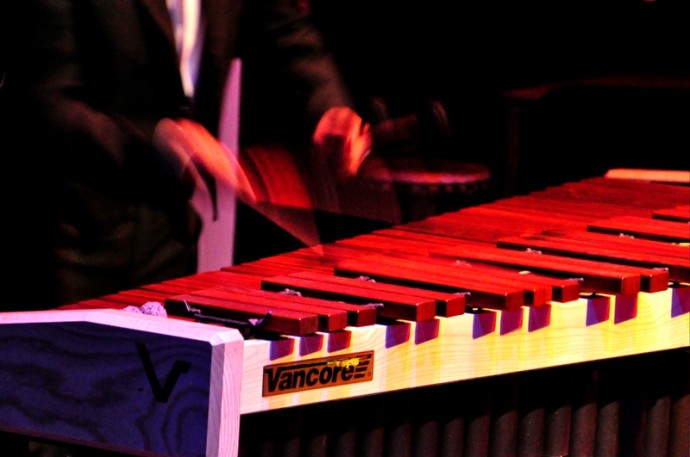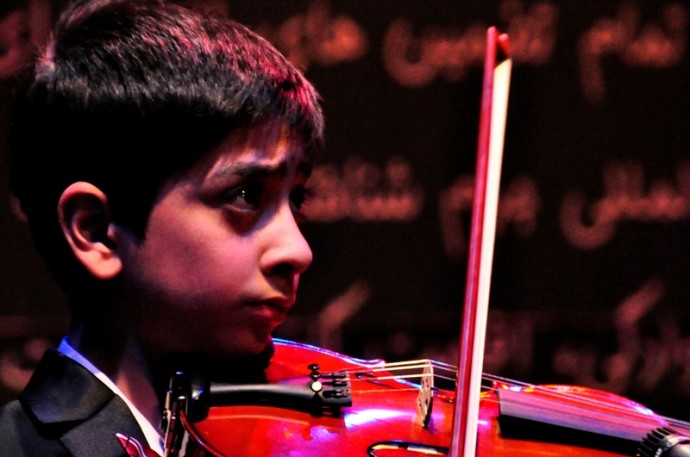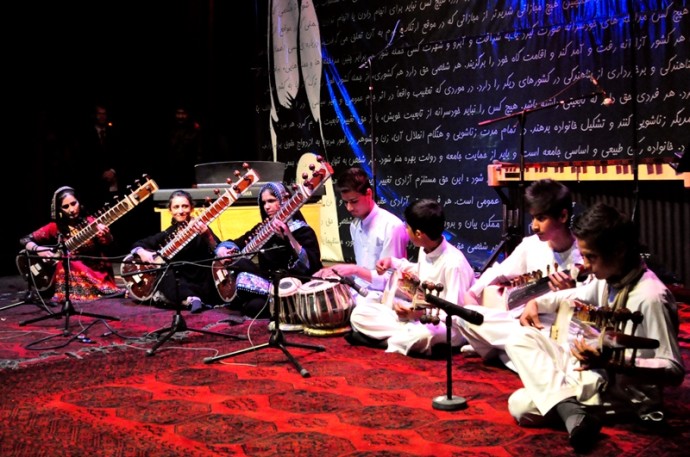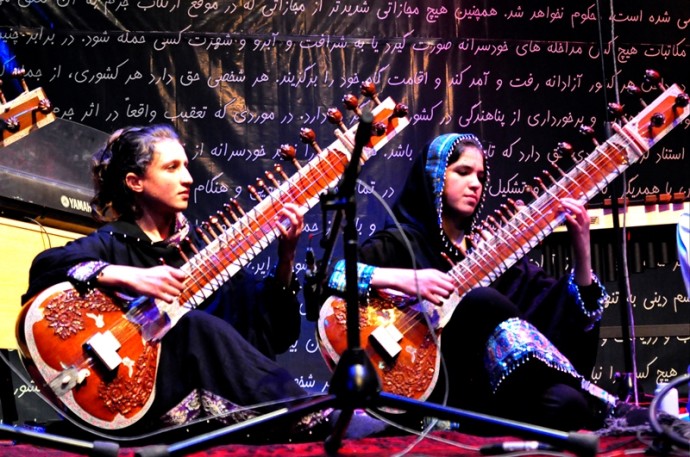On December the 11th 2013, the last day of Celebration Week of Human Rights day (7-11 Dec 2013), Armanshahr Foundation and the Institut français d’Afghanistan (IFA) in Kabul jointly held a round table entitled: Challenges linked to access to justice for Afghan citizens under the age of 18.
The panel brought together Parliamentarian Haji Mohammad Abdoh, member of Parliament Committee on Justice and Judiciary, Ostad Gholam Sarwar Fayez, member of Parliament Committee on Women, Civil society & HR and Abdolwahed Jian, Criminal lawyer specialized on youth and children. The Session was led by: Hengama Anwari, Founder of Women and Children’s Legal Research Foundation. In addition, an enthusiastic public of scholars, writers, activists, civil society representatives and students attended the Round table.
Mrs. Anwari in her opening remarks stressed the importance of justice for children for a sustainable judiciary system for the country. According to her, Afghan children are the main victims of injustice for two reasons. Firstly, children are vulnerable and secondly, there is a lack of correct hearings and processes to meet their demands. Recent surveys show that recognition of Children’s Rights and their access to real justice is fundamental for their development and well-being.
Parliamentarian Fayez as the first speaker of panel talked about the main obstacles that are blocking children’s access to justice. According to him the first obstacle is, lack of trust in legal institutions. Second comes the confusion between civil and criminal hearings. The third obstacle is formed by the conflicting nature of laws in the country. Mr. Fayez said: “ the conflicting nature is due to the fact that in Afghanistan we implement three laws; civil law, Sharia and tribal customs, when facing a conflict to which law should one refer?”
The second speaker of the panel Parliamentarian Abdoh said: “the biggest obstacle preventing children from access to justice is poverty. Undesirable economic conditions negatively affect children’s lives. But also domestic issues and lack of educational means play an important role. Another important issue affecting children is the internal displacement. Due to constant displacement, children cannot adapt to their surroundings and social and cultural conditions.” He suggested that: “We should bundle our forces and fight these preventive factors. In doing so, families, the government, universities, teachers and most importantly civil society can play an important role.”
Referring to Mr. Abdoh’s remarks, Ms. Anwari added, “unfortunately undesirable economic circumstances have led to widespread abuse of children in Afghanistan. We all know that children are used for drug trafficking, suicide bombings and other crimes. To overcome the barriers for the development of a justice system for children two things should be done. One, children must be protected from and prevented of committing crimes. Secondly, offer help to those who have committed crimes and are trapped in the system’s apparatus. When a child is identified as an offender and gets involved with the legal system, she or he might face many challenges.
The second speaker of the panel Parliamentarian Abdoh said: “the biggest obstacle preventing children from access to justice is poverty. Undesirable economic conditions negatively affect children’s lives. But also domestic issues and lack of educational means play an important role. Another important issue affecting children is the internal displacement. Due to constant displacement, children cannot adapt to their surroundings and social and cultural conditions.” He suggested that: “We should bundle our forces and fight these preventive factors. In doing so, families, the government, universities, teachers and most importantly civil society can play an important role.”
The next speaker, Mr. Jian, lawyer and expert was asked to expand on the challenges faced by youth and children.
Mr. Jian said: “In regard to violation of children’s rights there are three stages that are currently implemented. The first stage is preventive. That means before punishing children, in this state the policy is to support and protect children. In the second stage, children are punished. In the third stage, children are being rehabilitated and reintegrated. Unfortunately, there are special children divisions within the legal institutions. Children need different legal policies, special prosecutors and specialized judges, but these are nonexistent in Afghanistan. One of the biggest problems is determining the age of children involved in certain crimes. Due to the lack of means to determine their age (many people have no identification papers), the government sometimes estimates them older or younger than they are. Currently, in the rehabilitations centers, there are many individuals who are above eighteen but since their age cannot be determined, they stay in the same institutions with under-aged kids, which in itself is a very dangerous for those involved”.

